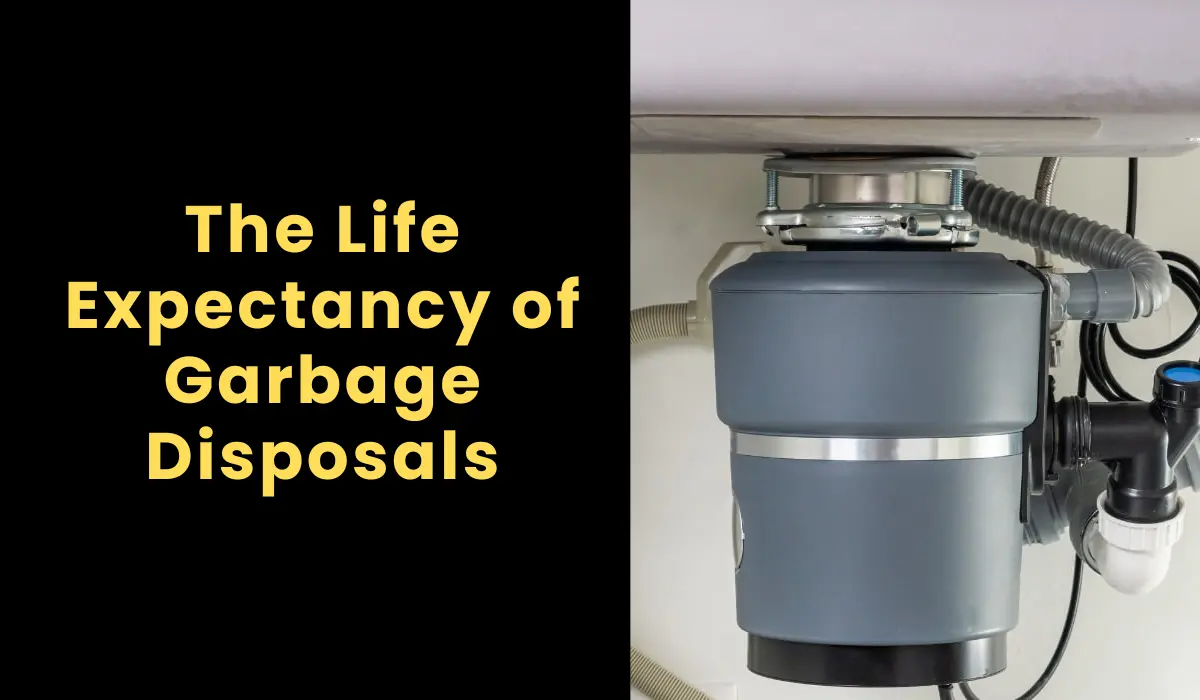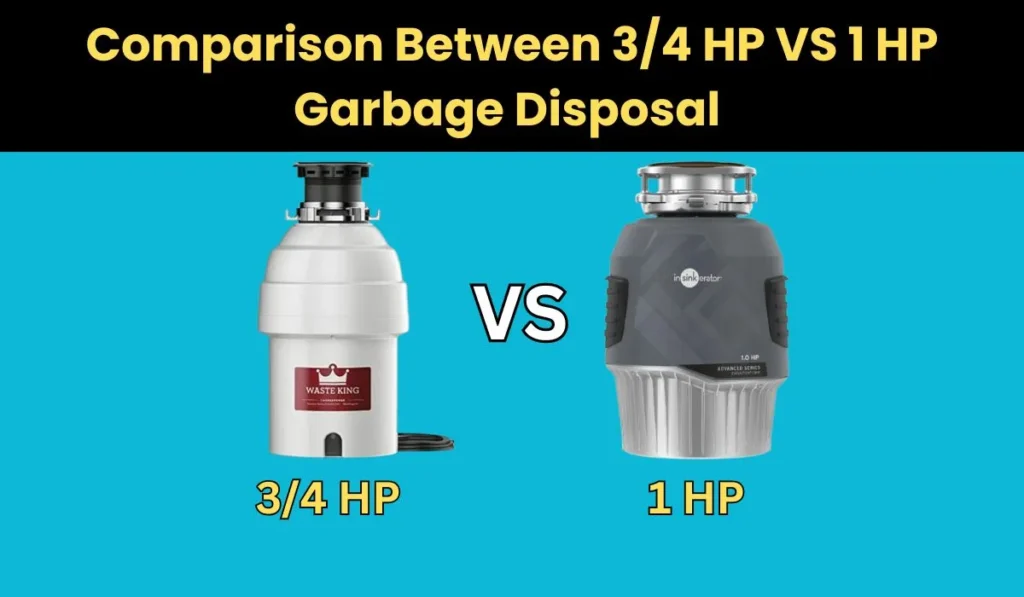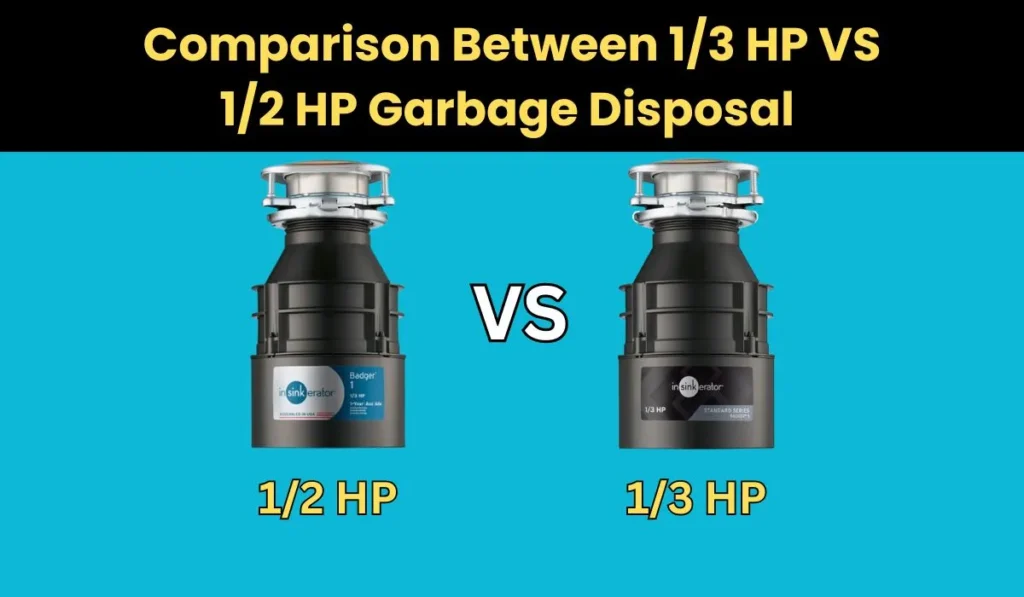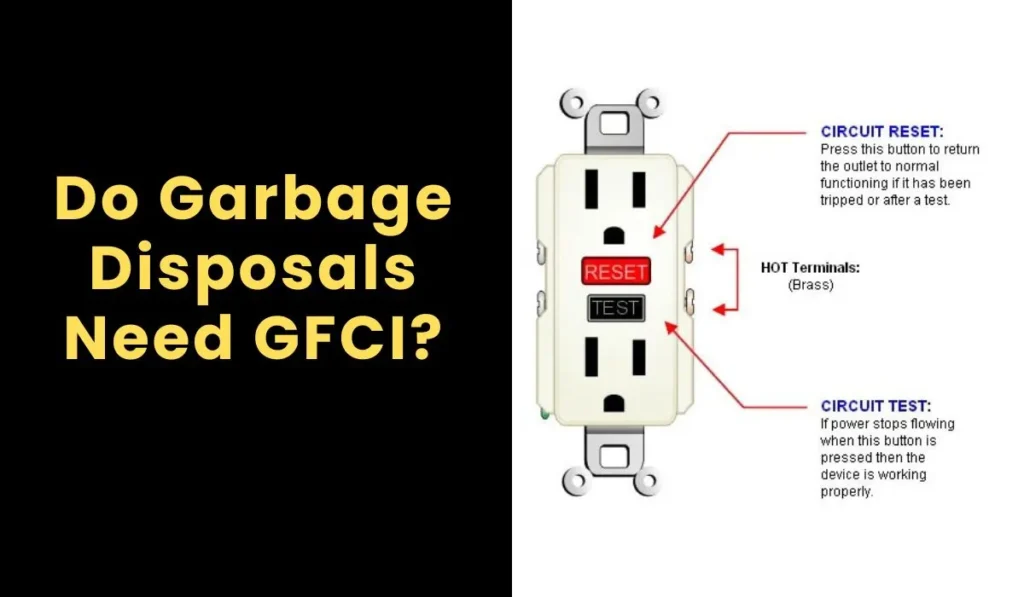The Life Expectancy of Garbage Disposals
Garbage disposals have changed the way we handle food scraps in the kitchen. Instead of letting leftovers pile up in the trash, these handy devices grind waste into fine bits that rinse away with water. The result? A fresher-smelling kitchen and fewer clogged pipes. But like any home appliance, a garbage disposal won’t last forever.
So how long should you expect it to run before it needs replacing? Let’s take a closer look at the typical garbage disposal lifespan, what affects it, and how you can keep yours going strong.
Average Lifespan of Garbage Disposals
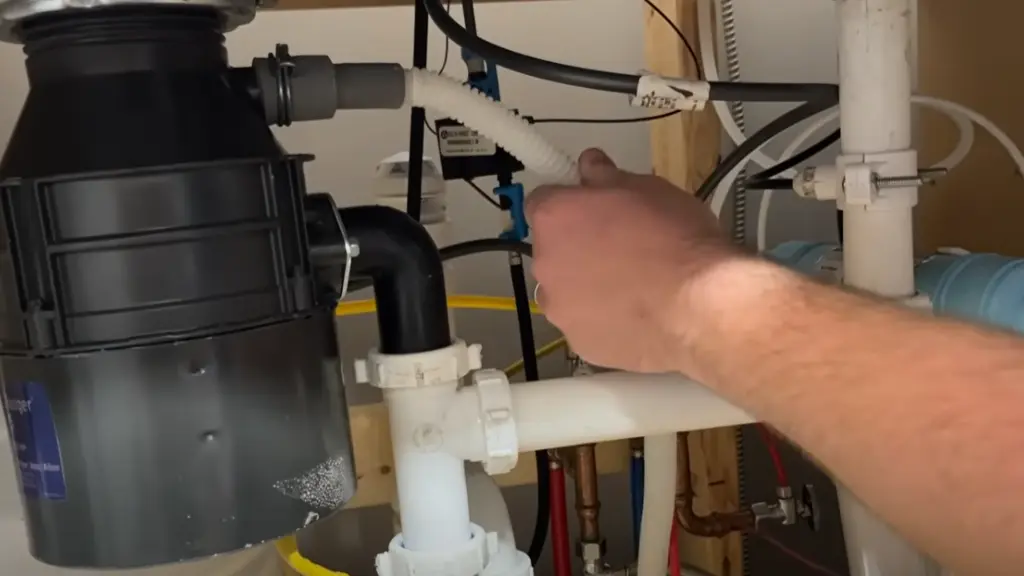
Most garbage disposals typically last between 8 and 15 years. For many households, 10 years is the average before it starts showing signs of wear. But this range isn’t set in stone. For example, a small household that uses the disposal lightly might see theirs last 15 years or more, while a large family running it daily could wear out the motor much sooner.
Quality also makes a big difference. An entry-level unit with basic parts might only give you 7–8 years of decent use. On the other hand, a premium garbage disposal with strong stainless steel components and a higher horsepower motor can last well beyond a decade, even under frequent use.
Think of it like buying a car: a budget vehicle may get you from point A to B, but a well built model with regular service will go the extra miles. The same applies to garbage disposals.
Factors Affecting Garbage Disposal Longevity
Several elements play into how long your garbage disposal lasts. Understanding these can help you avoid mistakes that shorten its life.
1. Usage Habits
Your cooking and cleaning habits are one of the biggest influences. A couple who cooks at home a few times a week will put much less stress on their disposal than a family of five preparing breakfast, lunch, and dinner daily. More frequent use means the motor, blades, and internal components are under constant pressure, which naturally shortens the unit’s lifespan.
Also consider the type of food scraps. Grinding up soft vegetables or small leftovers puts little strain on the motor. But trying to dispose of hard or fibrous foods (like potato peels, celery, or meat bones) regularly will wear it down much faster.
2. Proper vs. Improper Use
A garbage disposal isn’t a “catch-all” machine it’s designed to handle certain kinds of waste only. Misusing it is one of the fastest ways to shorten its life.
Here are some common mistakes:
- Bones, pits, and shells: These are too hard and can damage blades or jam the unit.
- Fibrous veggies: Celery, corn husks, or asparagus fibers can tangle the blades.
- Grease and oil: These solidify in the pipes, causing clogs and coating the unit.
- Non-food items: Accidentally dropping a spoon or bottle cap can do immediate damage.
3. Regular Maintenance Practices
A little bit of maintenance goes a long way. Many people simply run their disposal until it quits, but taking care of it can add years of life.
Some proven tips include:
- Grinding ice cubes: Sharpens blades and scrapes away buildup.
- Baking soda + vinegar flush: Helps with cleaning and odor control.
- Cold water rinse : Always use a steady stream before, during, and after use to keep food particles moving.
Neglecting these simple habits often leads to dull blades, bad smells, and clogs problems that shorten the lifespan of the unit.
4. Quality and Horsepower
Not all disposals are created equal. A 1/3 horsepower model may be fine for occasional light use, but in a busy household, it will likely burn out quickly. Units with 3/4 to 1 horsepower motors not only grind tougher scraps more efficiently but also tend to last longer because they aren’t constantly working at maximum capacity.
Signs Your Garbage Disposal Needs Replacement
At some point, every unit starts to show its age. Watch for these red flags:
- Frequent Jams or Clogs: More blockages than usual = blades or motor wearing out.
- Strange Noises: Humming, rattling, or grinding often means internal trouble.
- Leaks: Water under the sink points to bad seals or worn fittings.
- Weak Grinding Power: If scraps keep coming back up, the blades may be dull.
- Lingering Odors: If deep cleaning doesn’t fix the smell, waste may be trapped inside.
- Constant Resets: Tripping breakers again and again usually means motor failure.
Tips to Extend the Lifespan of Your Garbage Disposal
Want to get the most years out of your unit? Follow these practical tips:
- Run Plenty of Cold Water: Cold water solidifies grease and fat so it can be chopped and flushed instead of coating the unit.
- Be Selective With Scraps: Avoid problem foods like celery stalks, potato peels, and coffee grounds.
- Clean Regularly: Ice cubes keep blades sharp, while vinegar and baking soda fight odor.
- Don’t Overload: Feed food scraps slowly rather than dumping large amounts at once.
- Let It Rest if Overheated: If it shuts off, give it a break before restarting to prevent motor burnout.
When to Call a Professional
Some issues, like a minor jam, can be solved at home with the reset button or an Allen wrench. But there are times when you shouldn’t DIY.
If you notice burning smells, electrical issues, heavy leaks, or persistent mechanical grinding, it’s time to call in a plumber or appliance technician. A professional can assess whether a repair is worth it or if replacement is the smarter choice. Plus, professional installation helps ensure your new unit is properly fitted and less likely to develop issues.
Environmental Considerations
While garbage disposals reduce the amount of food waste in trash bins, they aren’t entirely eco friendly. They use both water and electricity, and the processed scraps end up in wastewater systems. In some areas, this contributes to higher energy use at water treatment plants.
Composting is still the most environmentally friendly option for disposing of food waste. That said, if you prefer using a disposal, consider choosing an energy-efficient model and pairing it with responsible habits like reducing food waste at the source.
When to Upgrade or Replace Your Garbage Disposal
Beyond lifespan, you may want to upgrade your disposal for better features. Modern units are not only more powerful but also quieter, thanks to advanced sound insulation. Some models even include anti-jamming technology and easier cleaning options.
If your disposal is old, noisy, inefficient, or keeps breaking down, upgrading to a newer, higher-quality unit can improve your kitchen experience and save you money in the long run.
Conclusion
A garbage disposal makes kitchen cleanup faster, easier, and cleaner but it’s not built to last forever. Most models give you about a decade of solid use, sometimes more if you treat them right. With regular cleaning, proper use, and attention to warning signs, you can stretch that lifespan toward 15 years. When replacement time comes, choosing a high quality, energy efficient model ensures smoother operation and fewer headaches down the road.
Further Reading:
Do Garbage Disposals Need a Dedicated Circuit? The Complete Guide
Do Garbage Disposals Have Blades? The Truth Behind Kitchen Myths
How to Keep Pests Out of Your Garbage Disposal
FAQ’s
The Author

I’m Muhammad Nabeel Dar, an employee in waste management and the owner of Garbage Waste Disposal with more than four years of experience helping people to control waste and garbage disposals are the best tools to control it. Read more

